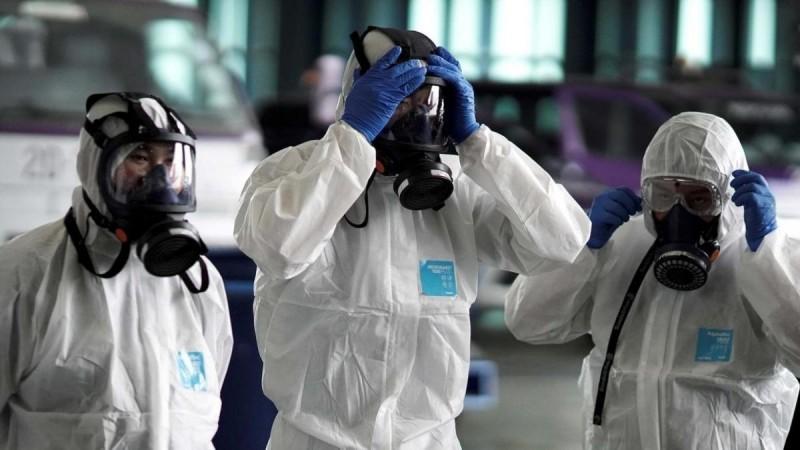The World Health Organisation on Wednesday declared that the coronavirus (Covid-19) can now be characterized as a 'pandemic'. The decision follows the organization's reluctance in changing the status from epidemic to pandemic. But WHO also warns that the word pandemic should not be taken lightly, carelessly or even be misused.
"We are deeply concerned both by the alarming levels of spread and severity, and by the alarming levels of inaction. We have therefore made the assessement that COVID-19 can be characterised as a pandemic," WHO chief Tedros Adhanom Ghebreyesus said at a news briefing in Geneva.
Tedros also remains hopeful that with effective diligence, the course of this pandemic can be changed. The countries must detect, test, treat, isolate, trace and mobilise their people in order to control the coronavirus outbreak.

"We have rung the alarm bell loud and clear," Tedros said at a news conference. "This is not just a public health crisis, it is a crisis that will touch every sector."
Pandemic vs Epidemic
By the WHO's own definition, a pandemic is an outbreak of a new pathogen that spreads easily from person to person across the globe. This refers to the rapid spread of the disease and not its potency. An epidemic, on the other hand, refers to an outbreak of disease that spreads quickly and affects many individuals at the same time.
Coronavirus outbreak

The latest numbers say that more than a staggering one lakh cases have been reported globally. Over 4000 deaths have been reported. India alone has about 60+ cases currently. All tourist visas have been suspended till April 15, in a bid to control the virus. This will come into effect from March 13, 2020.
On a global scale, most of the cases, 90 percent of the 118,000, are in China, Italy, Iran, and South Korea. Italy's death toll due to the virus rose 31 percent in 24 hours and Iran has been the worst-hit country in the Middle East.









!['Had denied Housefull franchise as they wanted me to wear a bikini': Tia Bajpai on turning down bold scripts [Exclusive]](https://data1.ibtimes.co.in/en/full/806605/had-denied-housefull-franchise-they-wanted-me-wear-bikini-tia-bajpai-turning-down-bold.png?w=220&h=138)



